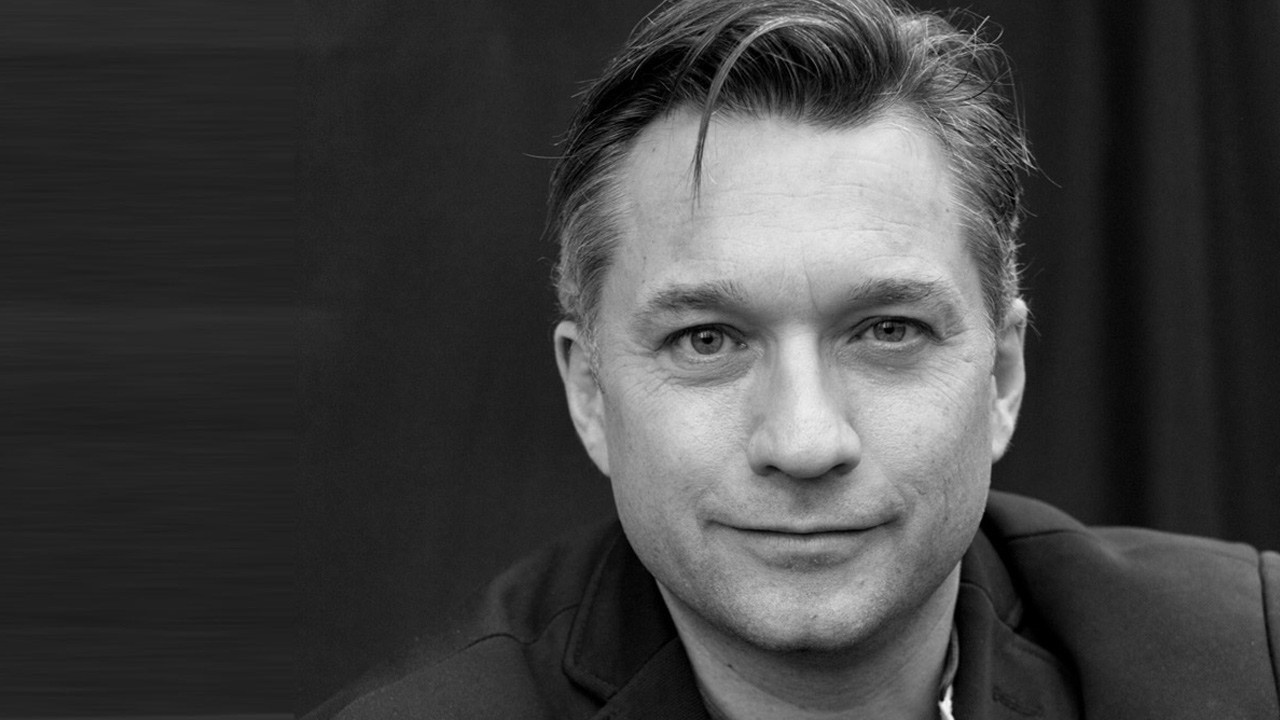
00
DAYS
00
HOURS
00
MINS
00
SECS
The Future of Jobs Series, Part 3 - Creativity.
The World Economic Forum has ranked creativity as one of the highest skill for future work. Business leaders have stressed its importance as well and yet very few businesses succeed to embed creative skills across their organisation effectively. Why is this? Throughout history creativity has been associated with the mystical.
For the Ancient Greeks, creativity came from the muses, nine divine sisters who received and answered the prayers of ancient writers, musicians, and even engineers. The muses were the bearers of creativity’s divine spark. They were the source of inspiration. Over time, the Greek influence on the Western world ensured that the legend of the muses continued on.
Socrates says, in certain dialogues, that when poets produce truly great poetry, they do it not through knowledge or mastery, but rather by being divinely “inspired”—literally, breathed into— by the Muses, in a state of possession that exhibits a kind of madness.
Aristotle, in contrast, characterised the work of the poet as a rational, goal-directed activity of making (poeisis), in which the poet employs various means, such as sympathetic characters and plots involving twists of fate, to achieve an end of eliciting emotions in the audience.
Kant conceived of artistic genius as an innate capacity to produce works of “exemplary originality” through the free play of the imagination, a process which does not consist in following rules, can neither be learned nor taught, and is mysterious even to geniuses themselves.
Schopenhauer stressed that the greatest artists are distinguished not only by the technical skill they employ in the production of art, but also by the capacity to “lose themselves” in the experience of what is beautiful and sublime.
Nietzsche saw the greatest feats of creativity, exemplified in the tragic poetry of ancient Greece, as being born out of a rare cooperation between the “Dionysian” spirit of ecstatic intoxication, which imbues the work with vitality and passion, and the “Apollonian” spirit of sober restraint, which tempers chaos with order and form.
While the influence of the Greeks’ mythology on creativity can still be seen today, modern scientific research has helped us move away from a belief in the muses. But very few have accepted that evidence.
Despite the revelations of empirical research, managers and leaders continue to structure creative tasks based on myths from eureka moments to brainstorming. If we want our people to be more creative, if we want our organisations to be more innovative, then we have to adopt the wealth of empirical research to rewrite the myths of creativity.
Photorealist painter and photographer Chuck Close has this to say: “Inspiration is for amateurs - the rest of us just show up and get to work.”
In our upcoming live and interactive dialogue of The Future of Jobs - Part 3, we’ll examine Creativity.
EQ Lab’s Future of Jobs series will help anybody involved in the hiring and development of talent to know exactly what they should be looking for.
NB: As always, this is an interactive and live discussion between all registrants rather than a traditional presentation. Use your audio-video in the breakout sessions.
The Future of Jobs - PART 3: Creativity
REGISTER: Wednesday, December 1, 2021, 18:00-19:30 Hong Kong Time

Oscar Venhuis
Panellist - Oscar Venhuis is bridging theory with the practice of creativity and helping businesses to transform complex ideas into market-ready products and services through the emergence of Business Design.
The results of his bold approach has been recognised with international awards including DFA, Silhouette, and the Golden Pin. Oscar has a Masters Degree in Design Management and attended the prestigious Royal College of Art in London which is globally ranked #1 for creativity.
Prior to founding EQ Lab, Oscar invested and co-founded of theDesk, a leading co-working space in Hong Kong with over 150,000 sqf. of workspace.

Paulina Larocca
Panellist - Paulina Larocca specialises in working with organisations to improve their creative thinking to produce better innovation outcomes (strategic thinking, processes as well as products/services).
She has a McS in Creativity and Change Leadership from the International Center of Studies of Creativity from SUNY, Buffalo in 2014.
Paulina has 3 published books on creativity and has just started her PhD in creativity and innovation at UTS. She lives in Sydney, but works around the world.

Dr. Richard Claydon
Moderator - Dr. Richard Claydon is the Chief Cognitive Officer of EQ Lab, an extended intelligence laboratory and cognitive gym accelerating people’s abilities in the behavioural dimensions of future-ready work at scale, and the designer of the Dialogic Innovation and Learning System.
He designed and teaches the leadership module for Macquarie Business School’s future-focused Global MBA (ranked #6 worldwide by CEO Magazine), a pioneering digital MBA program combining micro-learning, podcasting, videos, blogs, live discussions and traditional academic texts in the learning journey.

Host & Organiser
EQ Lab is a new platform to develop future leadership and talent at speed and at scale. Our collaborative format is more engaging than conventional online learning and cultivates behavioural change that really matters.

